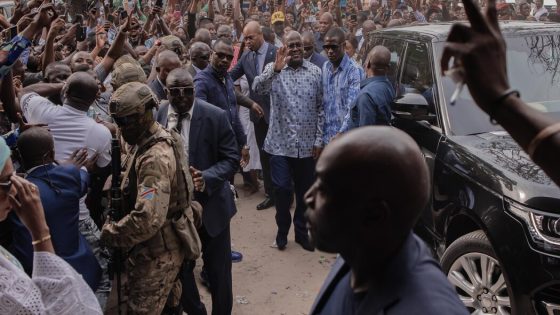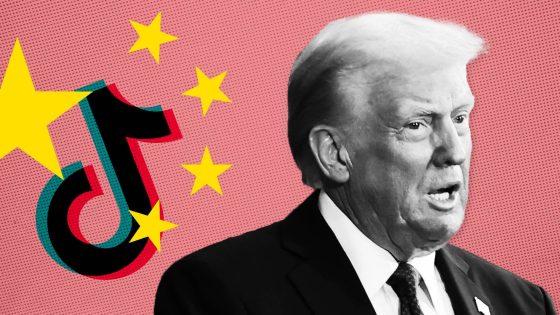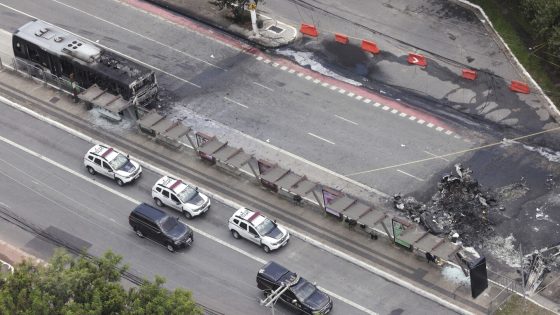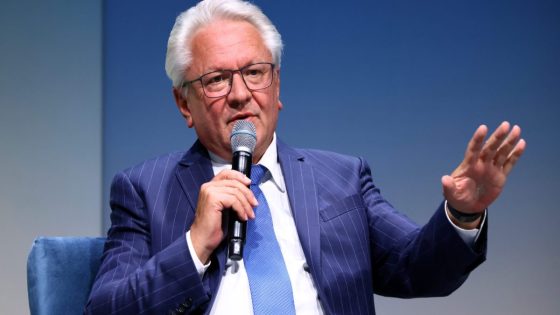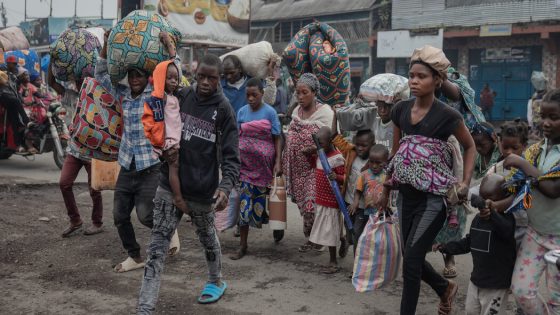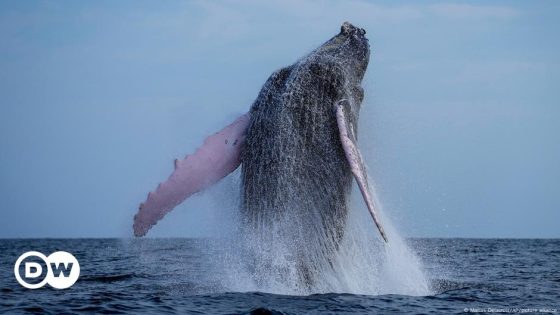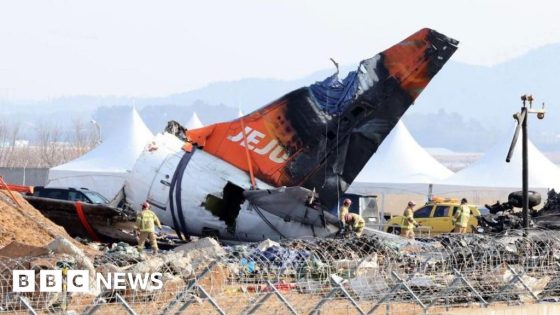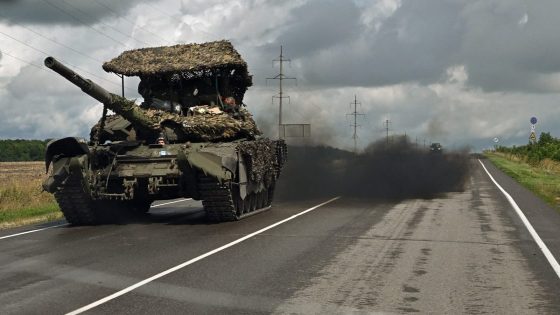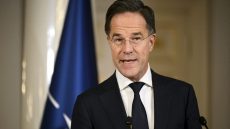On February 22, 2025, in an interview addressing the ongoing conflict in the Democratic Republic of Congo, President Felix Tshisekedi proposed a minerals deal to the united states and Europe. This offer comes as an armed group backed by Rwanda has taken control of significant territories in Congo, highlighting the country’s vast mineral wealth, which is currently dominated by China.
- Felix Tshisekedi seeks Western investment in Congo.
- Congo rich in coltan and cobalt resources.
- Tshisekedi compares conflict to Ukraine invasion.
- China dominates Congo's mineral access currently.
- EU's deal with Rwanda criticized as scandalous.
- Rwanda accused of plundering Congolese minerals.
The Democratic Republic of Congo is rich in natural resources, including coltan and cobalt, essential for modern technology and electric vehicles. Tshisekedi’s administration views these resources as pivotal to enhancing national security and stability. He has drawn parallels between the conflict in Congo and Russia’s invasion of Ukraine, urging Western nations to exert pressure on Rwanda.
Key facts about Congo’s mineral wealth include:
- Congo is a leading global supplier of coltan, used in smartphones and computers.
- It holds over half of the world’s cobalt reserves, vital for electric vehicle batteries.
- China currently dominates access to these resources, with the U.S. and EU lagging behind.
In his remarks, Tshisekedi condemned a recent agreement between the European Union and Rwanda, which he claims allows for the plundering of Congolese minerals. He called this arrangement an “absolute scandal,” accusing the EU of complicity in the ongoing theft of resources from his country. The President’s strategy hinges on attracting significant investments to Congo, which he believes could help secure a more stable future for his nation.
In summary, President Tshisekedi’s offer to the U.S. and Europe reflects a strategic move to leverage Congo’s mineral wealth amidst ongoing conflict. His criticism of European dealings with Rwanda underscores the complexities of resource management in the region and highlights the urgent need for international cooperation to address these challenges.



